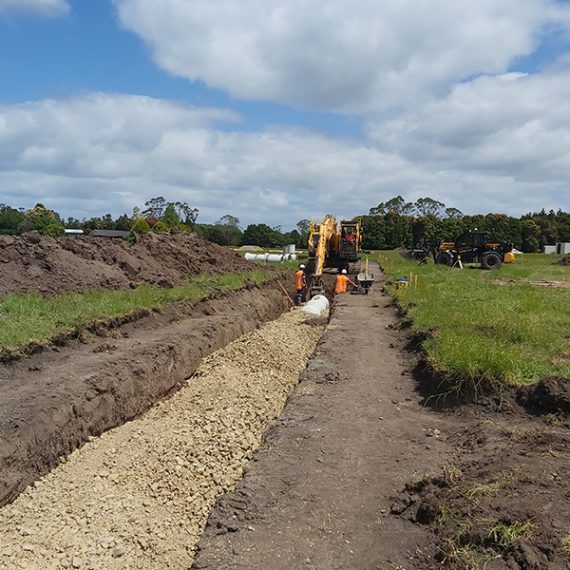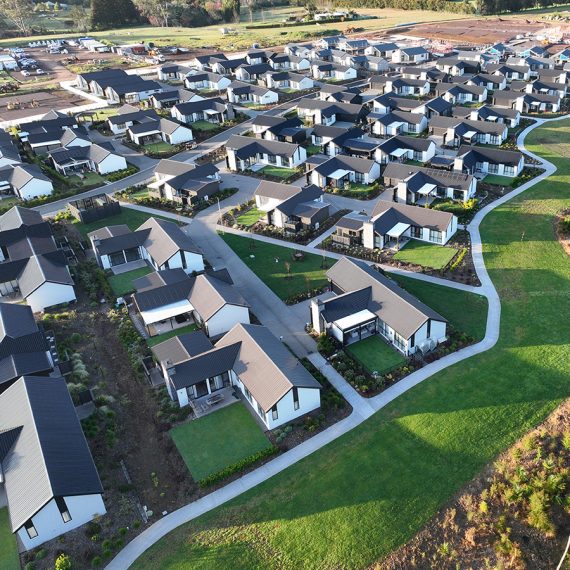LOCAL PROCUREMENT: helping build Northland communities
1389
wp-singular,page-template-default,page,page-id-1389,page-child,parent-pageid-762,wp-theme-bridge,bridge-core-3.3.4.6,qi-blocks-1.4.8,qodef-gutenberg--no-touch,qodef-qi--no-touch,qi-addons-for-elementor-1.9.5,,qode_grid_1300,footer_responsive_adv,hide_top_bar_on_mobile_header,qode-content-sidebar-responsive,qode-overridden-elementors-fonts,qode_disabled_responsive_button_padding_change,qode-smooth-scroll-enabled,qode-theme-ver-30.8.8.6,qode-theme-bridge,wpb-js-composer js-comp-ver-8.7.2,vc_responsive,elementor-default,elementor-kit-5,elementor-page elementor-page-1389

Local procurement
Project funding – central and local government
Local procurement and ‘broader outcome’ expenditure
Local procurement is becoming an ever-more important topic as central and local government increasingly seek to make project funding contingent on the involvement of smaller, locally- or Māori-owned businesses in the delivery of the project.
Sometimes it’s referred to as Community Wellbeing and Social Procurement, Community Buying, Sustainable Procurement, Social Outcome Spending or Progressive Procurement. It’s often referred to in the context of ‘broader outcomes expenditure’ or ‘non-price outcomes’ (where price-competitiveness of the service delivered carries less weight than the social or community benefit).
Whatever the label, the fundamental principle remains the same – stimulating regional economic development. Using central or local government spending power to drive economic growth and deliver beneficial, environmentally-sustainable social outcomes in targeted communities and parts of the country.
At its core, the broader outcomes framework is about supporting local business; using smaller, local businesses to deliver projects for the communities in which they are based. It’s about community development.
Aspects of this wellbeing procurement approach can be challenging for project owners though. Especially organisations with process-orientated procurement policies that provide limited flexibility and discourage smaller businesses from engaging.
Adding to the challenge are limitations in smaller, regional communities such as the Far North or the Mid North, where there are a limited number of suppliers that are ready, willing and able to meet pre-qualification requirements and complex evaluation criteria.
At Haigh Workman we have significant experience in this area of community procurement. Our team can help you navigate these requirements – both on an individual project basis and as part of an ongoing strategy of community development and engagement.
We believe this capability is not yet commonly offered in civil engineering in NZ.
For our own part, we make a point of buying local; working with local, Northland sub-contractors on our engineering projects wherever we possibly can. For us this is an important aspect of our own investment in the communities where our talented people and their families live, work and play.
Local procurement case studies

Te Puāwaitanga
Geotechnical engineering, Infrastructure engineering, Land Development, Local procurement , Roading and traffic, Stormwater managementview
Te Puna Waiora
Contaminated land, Geotechnical engineering, Infrastructure engineering, Land Development, Local procurement , Project Management, Roading and traffic, Stormwater management, Structural design, Wastewater designview
contact us
It doesn't matter how large or small your project is, we'd love to be involved. Please get in touch.
- 0800 424447 (O800 HAIGHS)
- info@haighworkman.co.nz

